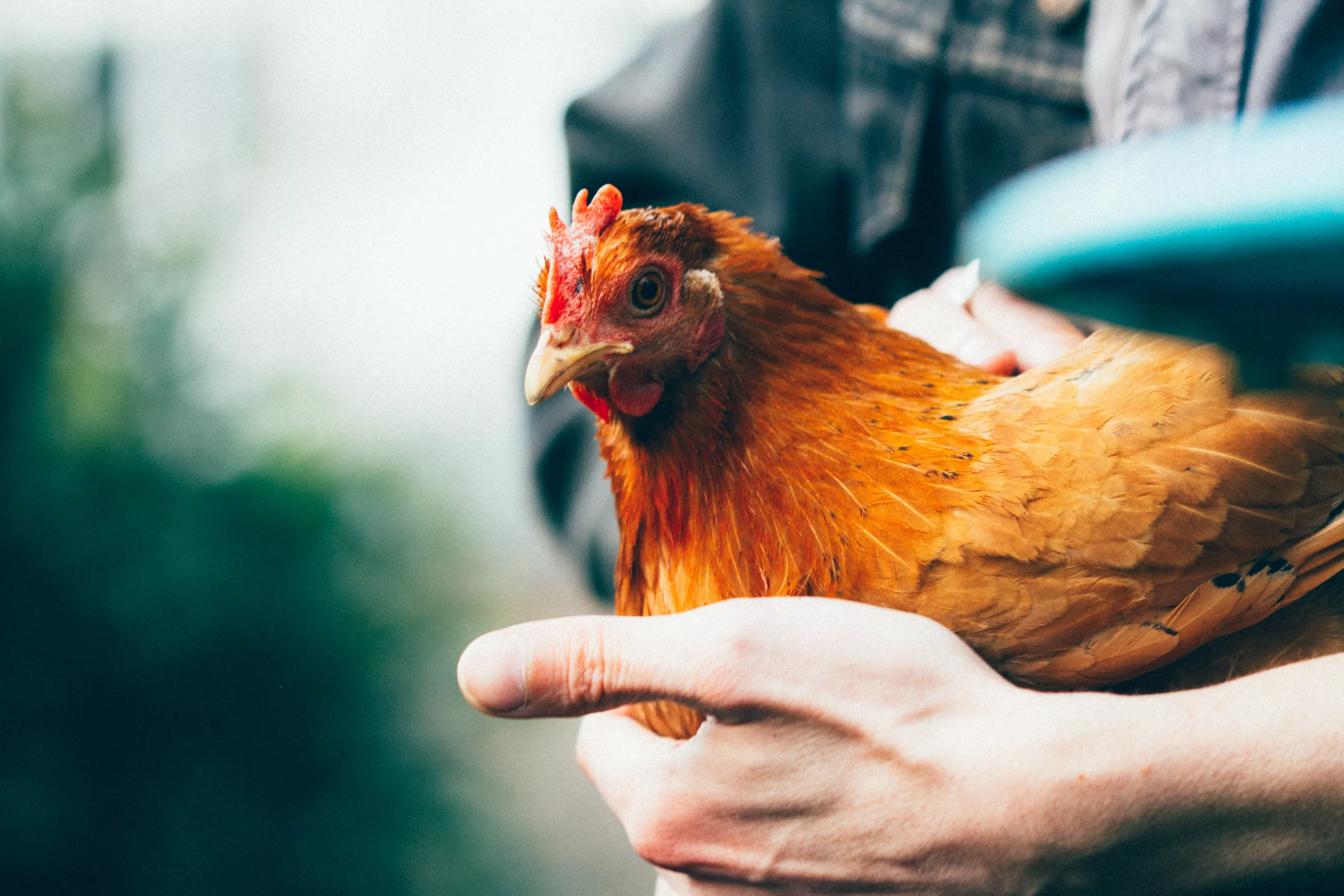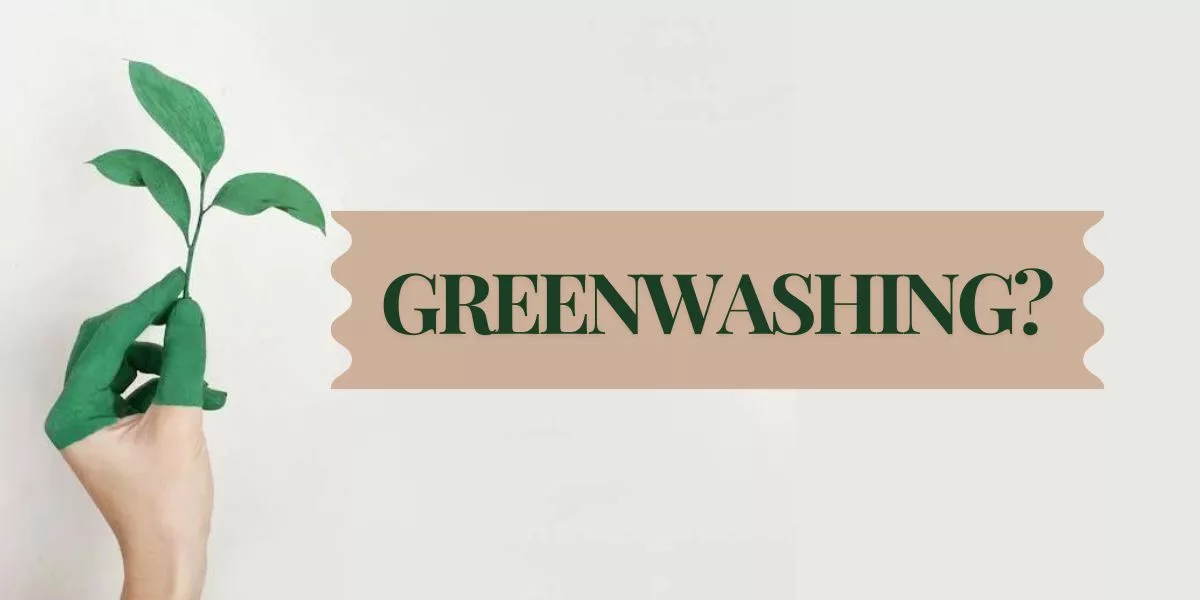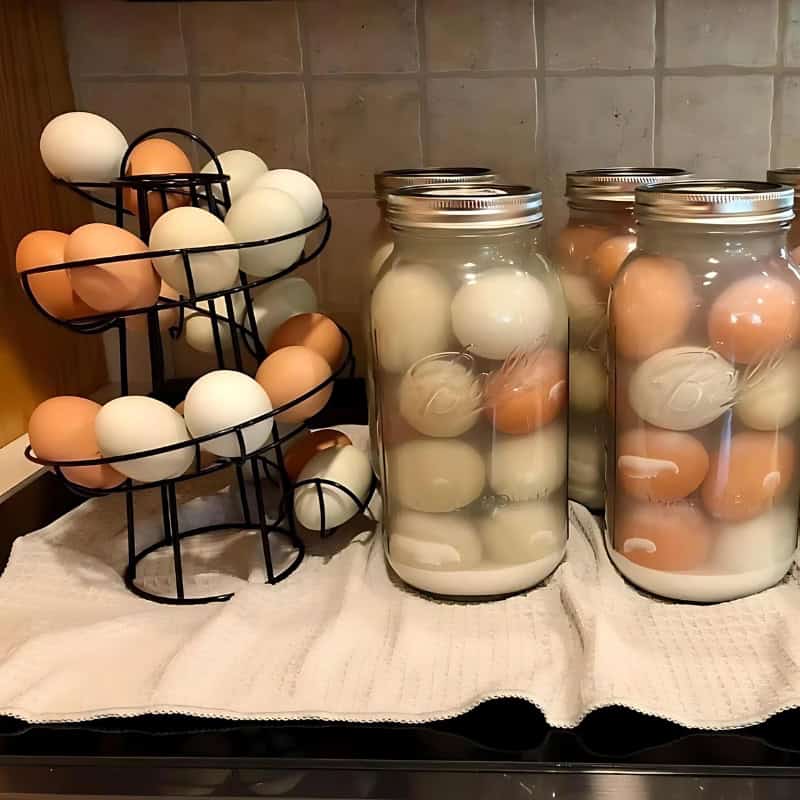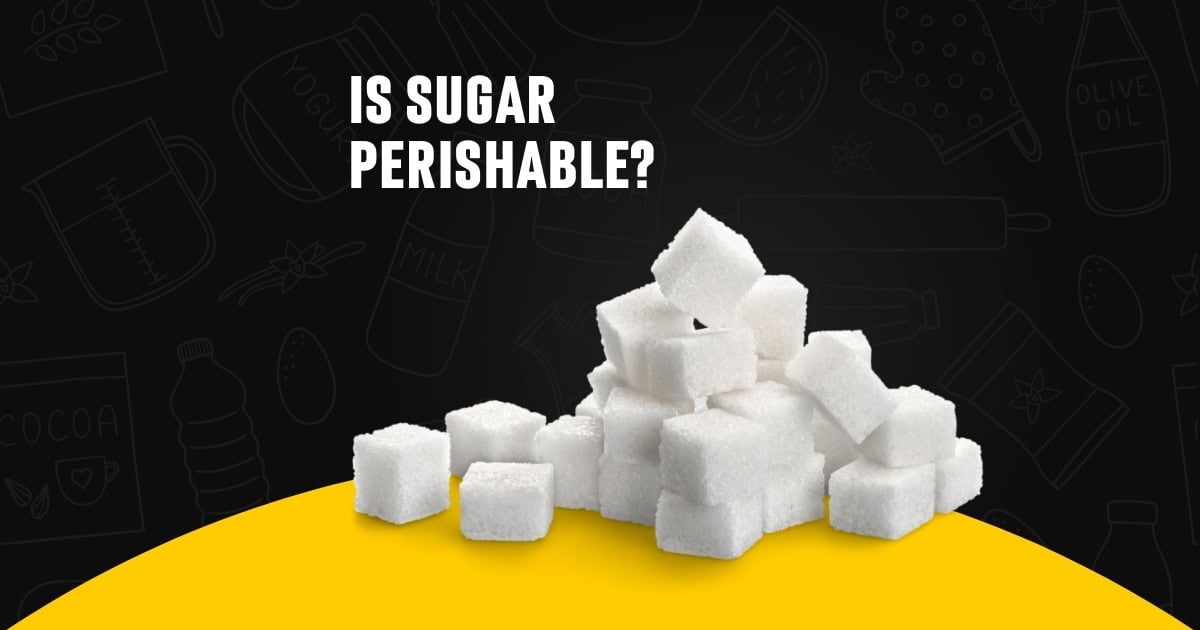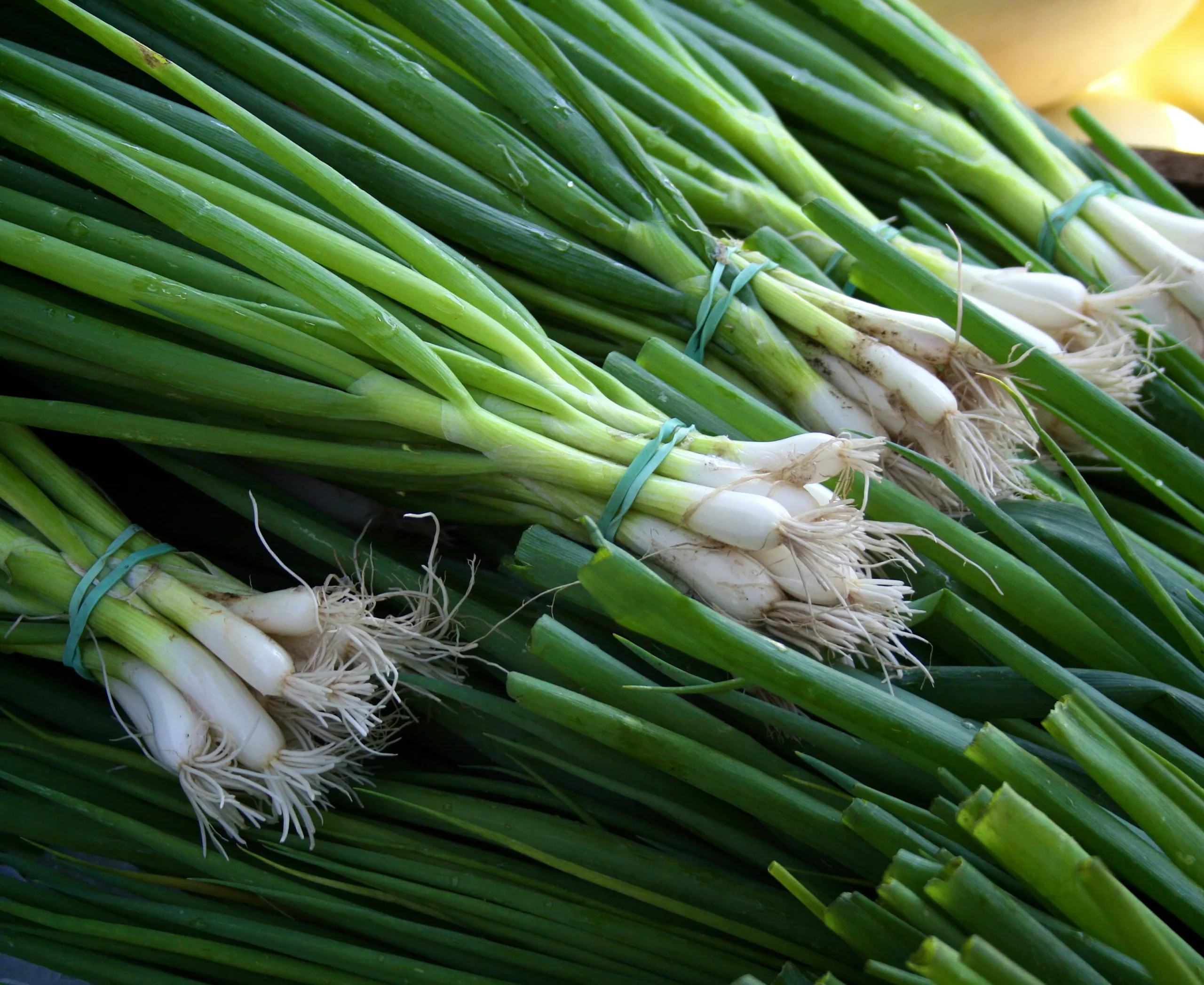Backyard chickens have become more than a rural idyll. They’ve found their place in suburban and urban homes worldwide, transforming our relationship with food production. Raising chickens provides fresh eggs, pest control, and a unique way to reduce household waste. But questions persist about feeding backyard chickens and whether sustainable practices can be applied.
One commonly asked question is: Can chickens eat banana peels?
To provide an answer and deliver further insights into sustainable chicken feeding, we’ve compiled a comprehensive guide for chicken enthusiasts and eco-warriors alike.
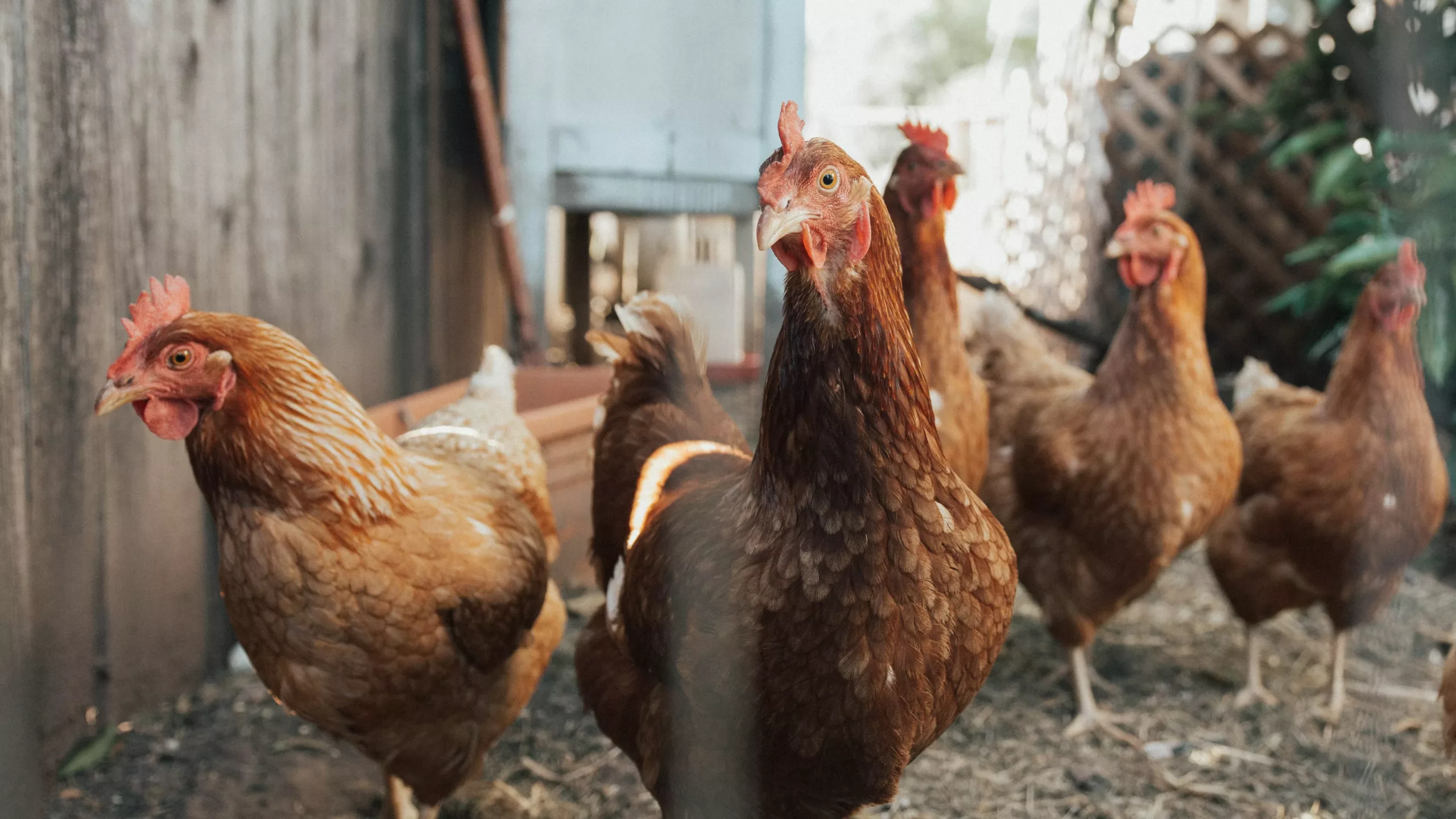
The Journey to Sustainable Living: Backyard Chickens
Sustainable living means adopting a lifestyle that aims to reduce one’s environmental impact by making conscious choices. It’s about living in a way that respects the connection between humanity and nature, ensuring a healthy planet for future generations.
One small but impactful change is rearing backyard chickens. This practice slashes food miles, offers a source of organic eggs, and even helps recycle kitchen waste, reflecting the principles of zero waste living.
Keeping chickens is also an educational endeavor, teaching both adults and children about food production, animal care, and environmental responsibility. This symbiotic relationship between humans and chickens is an embodiment of sustainable living.
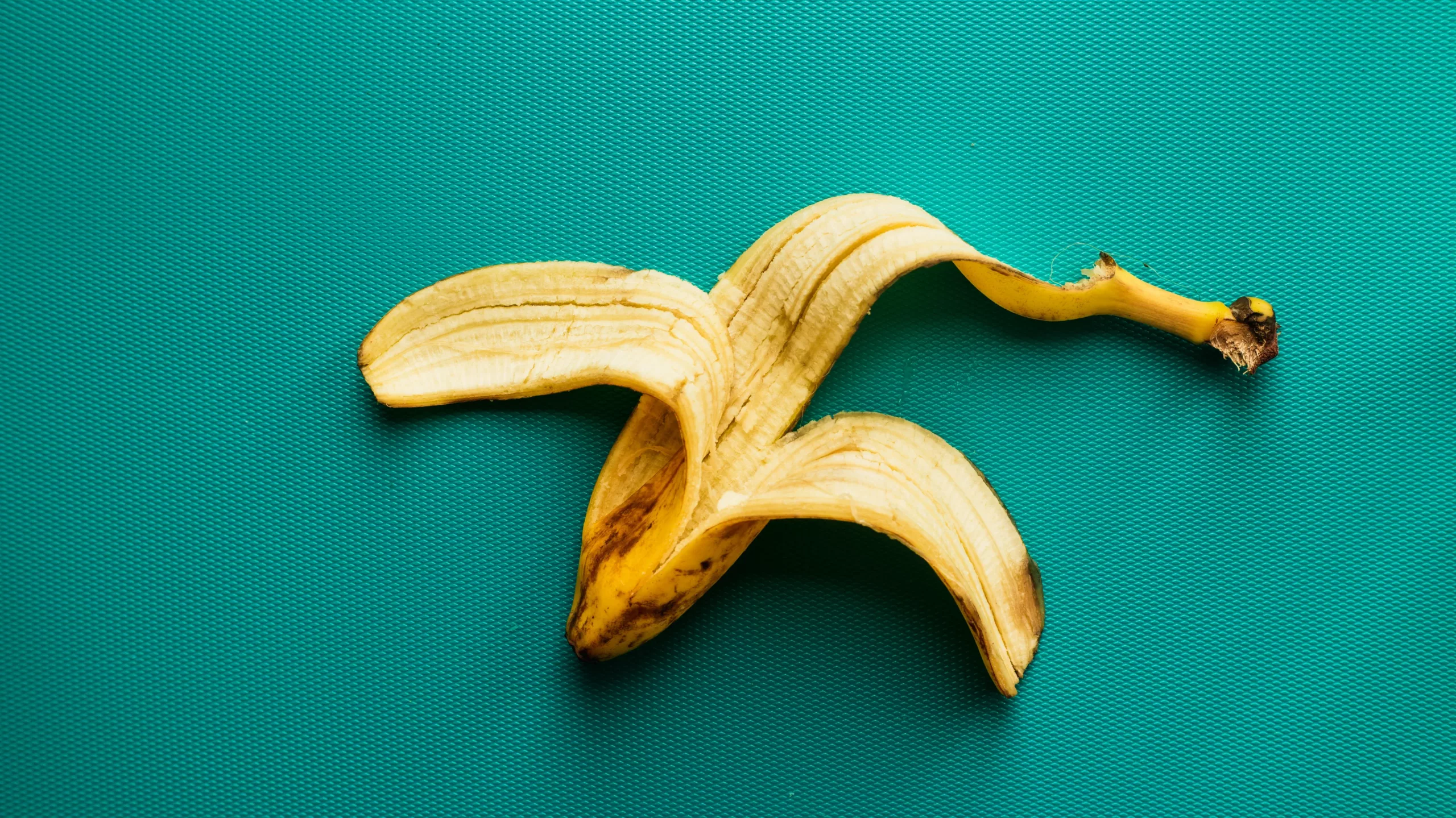
Why Consider Banana Peels in a Chicken’s Diet?
Often relegated to the compost heap or, worse, the trash bin, banana peels are nutrient-rich and packed with potential benefits for chickens. They offer vital nutrients like potassium, dietary fiber, and a host of vitamins. But how do these benefits translate for your backyard chickens?
Having your chickens eat banana peels can supplement their nutritional intake while shrinking your kitchen waste. As part of a balanced diet, banana peels can contribute to chicken health and egg production. Moreover, it’s an action aligned with the principles of sustainable living and zero waste, turning waste into a valuable resource.
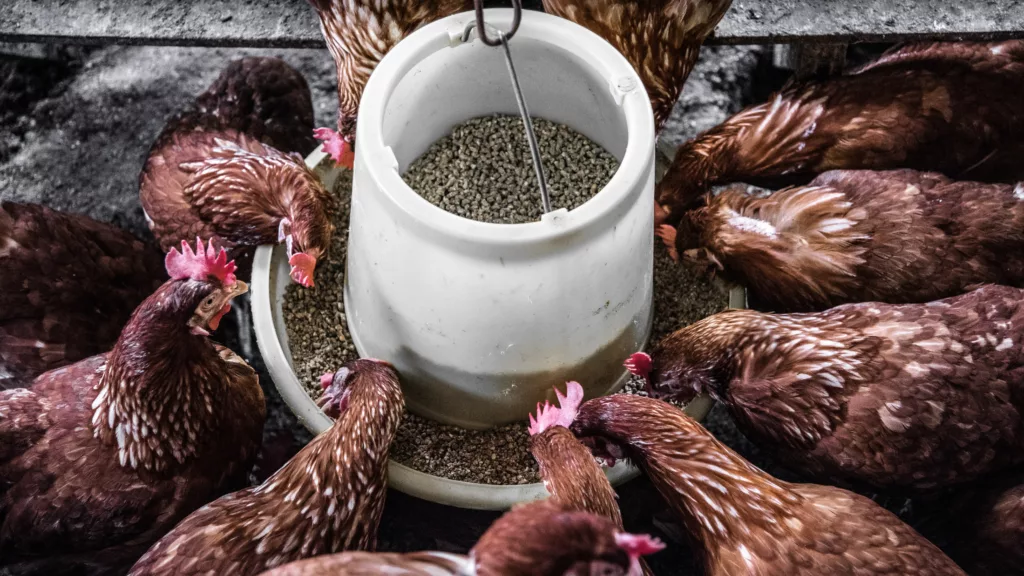
Can Chickens Eat Banana Peels Safely?
Yes, banana peels are safe for chickens! They pose no health risks to chickens as long as they’re free from harmful pesticides and contaminants. However, their tough texture can present a challenge for chickens to peck at and eat.
Make it easier for your feathered friends by chopping the peels into smaller pieces or drying and crushing them. This preparation can make the peels more appealing and manageable for chickens.
While banana peels can provide nutritional value, remember that they shouldn’t replace a balanced chicken feed diet. They’re a supplement, not a staple.
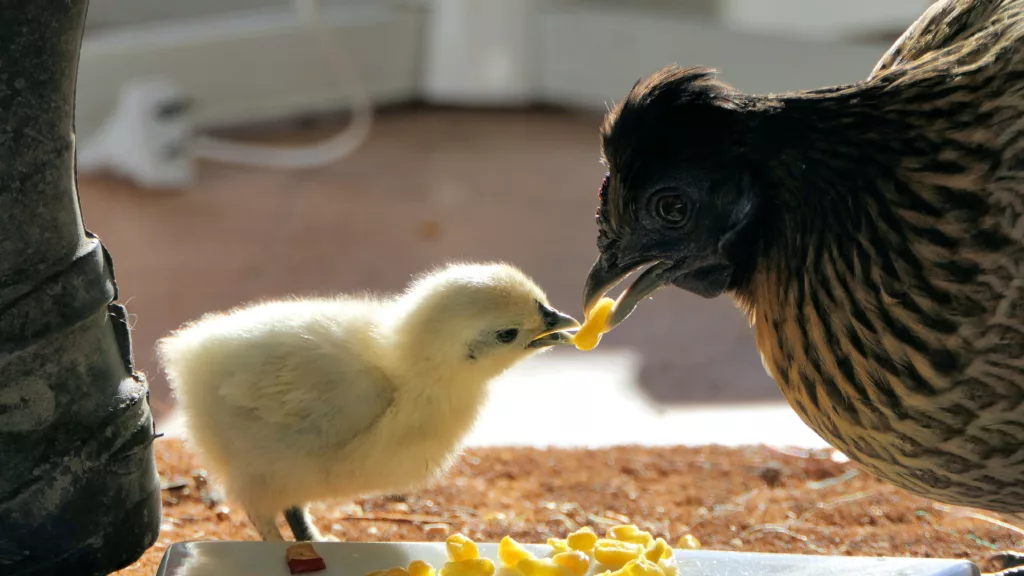
Exploring the Benefits of Banana Peels for Chickens
Having your chickens eat banana peels does more than just reduce your kitchen waste. It offers additional nutrients that can contribute to their overall health. Potassium, a mineral abundant in banana peels, supports heart function and muscle growth in chickens. The high fiber content aids digestion, and the various vitamins present in the peels contribute to overall health.
Healthier chickens are more likely to produce high-quality eggs, so feeding them nutrient-rich banana peels can benefit both the chickens and those who enjoy their eggs. However, balance is the key, and banana peels should form only a part of a diverse diet for your chickens.
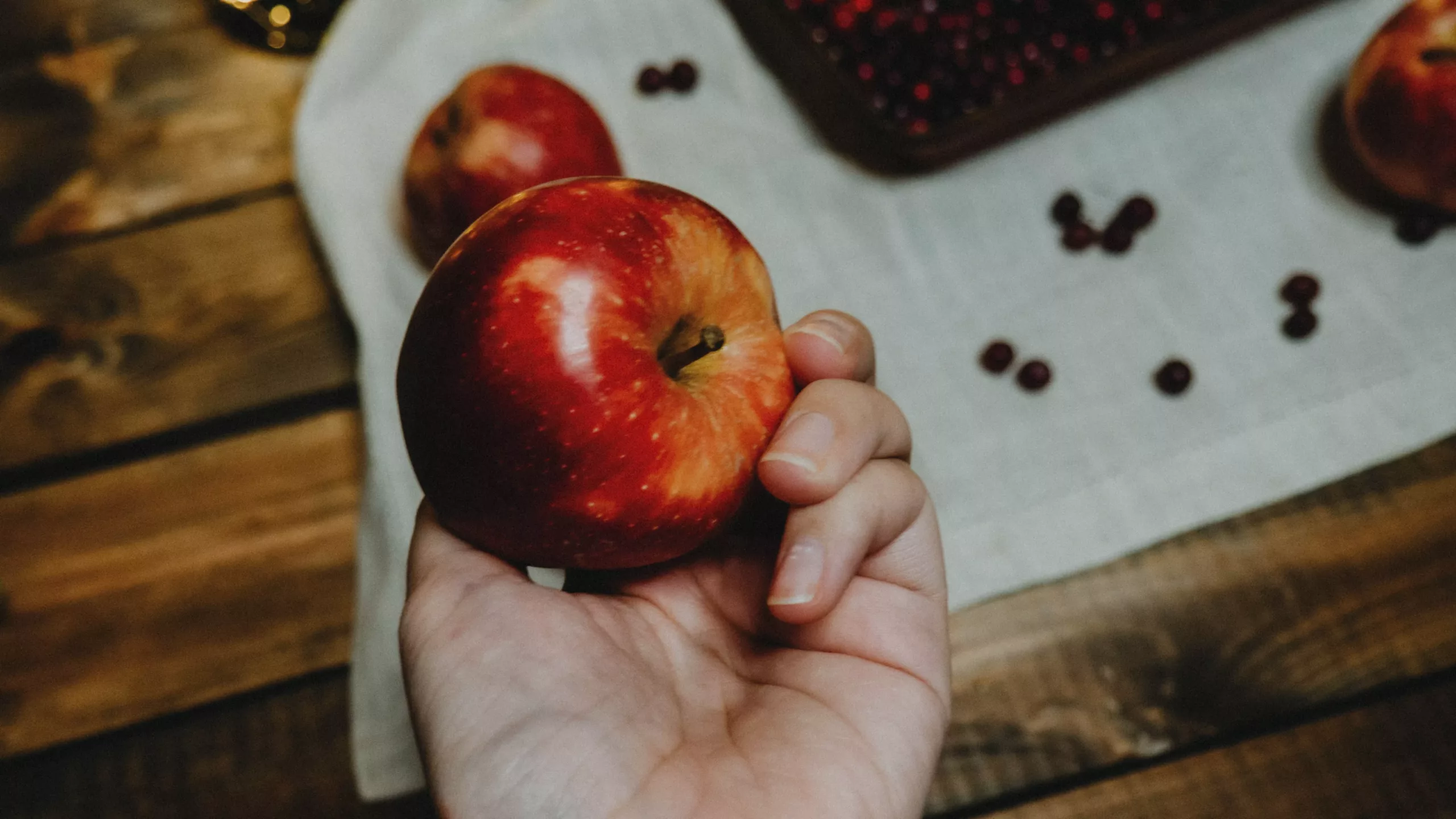
Other Safe Fruits for Chickens
Banana peels are not the only fruit waste that can be added to your chickens’ diet. Apples (without seeds), berries, melons, grapes, peaches (without pits), and pears can all be safely included in their diet. Each fruit offers its own unique nutritional benefits.
However, not all fruit waste is suitable for chickens. Avoid feeding them anything with high levels of harmful substances like caffeine or theobromine, found in coffee grounds and chocolate. As always, ensure fruits are properly cleaned, and seeds or pits are removed before feeding.
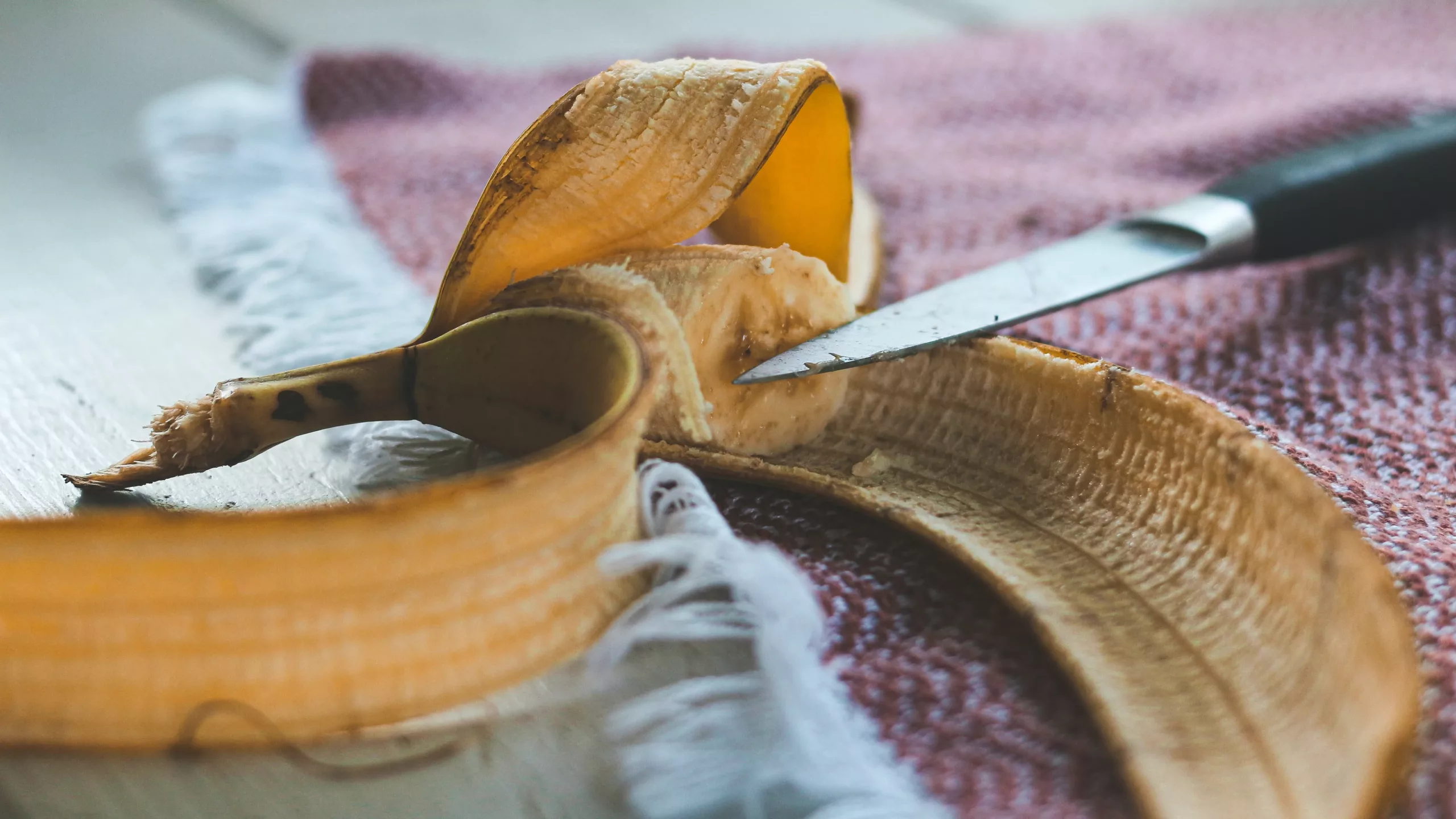
DIY Hacks: Preparing Banana Peels for Your Chickens
Drying and grinding banana peels can be a fun DIY project that’s also beneficial for your chickens. Simply lay out the peels on a baking tray and dry them in the sun or in an oven set to low heat. Once they’re completely dried and brittle, use a blender or food processor to grind them into a powder.
This banana peel powder can be stored for an extended period and mixed with your chicken feed as a nutrient supplement whenever needed.
The Banana Peel Cycle: Composting with Chickens
In a sustainable household, waste is viewed as a resource. The banana peels that your chickens don’t eat don’t need to end up in the landfill. Instead, they can be composted and converted into rich soil for your garden.
Chickens themselves can contribute to this composting process. Chicken manure is high in nitrogen, a vital element for composting. It aids in breaking down organic material, transforming your compost pile into nutrient-rich soil perfect for gardening. This banana peel-chicken-manure-compost cycle is a perfect example of the circular economy at the household level.
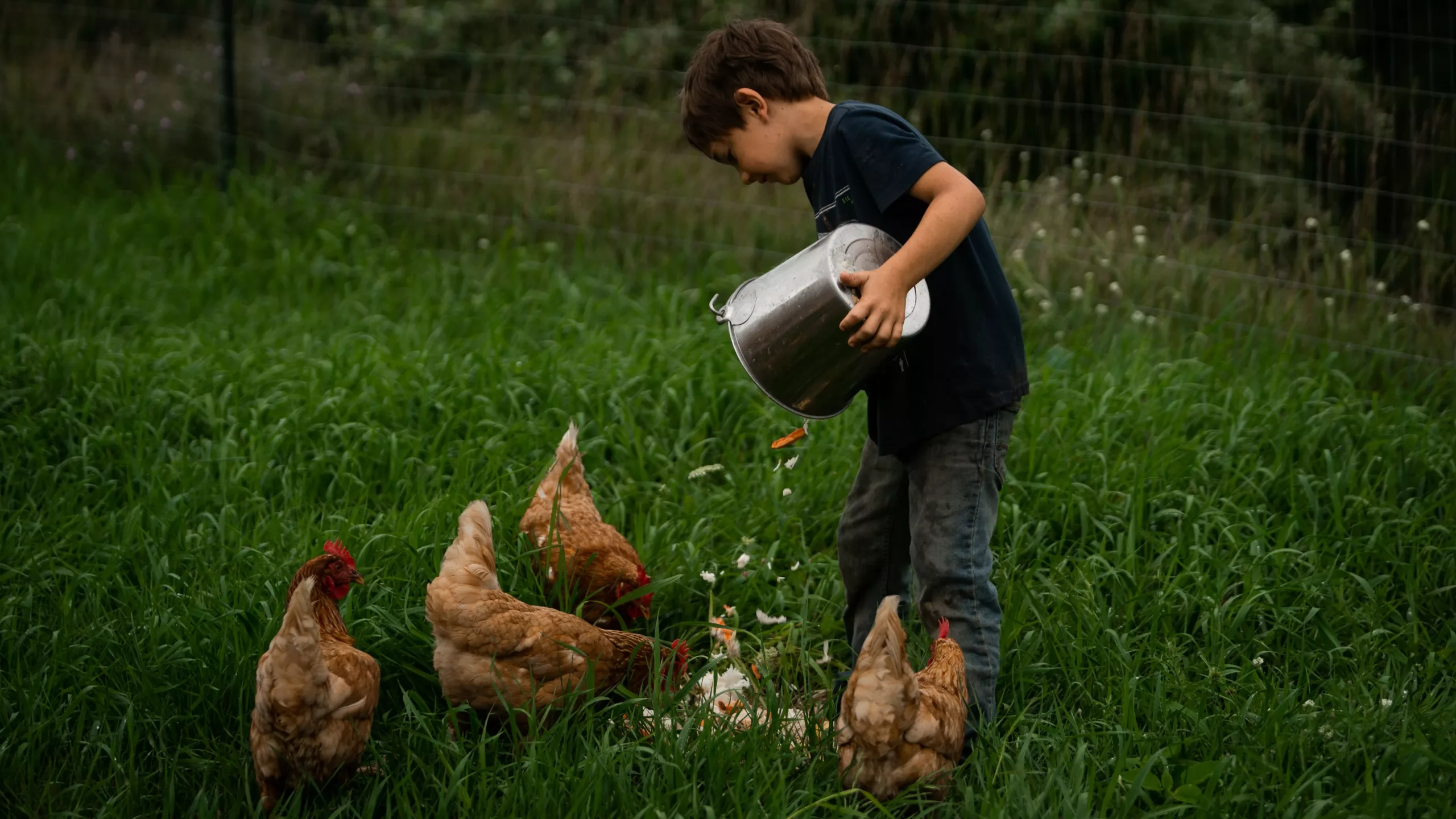
Buy Sustainable Chicken Feed Online
Looking for sustainable chicken feeds online? Here are a couple options that you can try out:

$41.46
Age to Feed: Begin at 16 weeks
Method: Free choice basis
Water: Always provide fresh, clean water
Kalmbach Feeds All Natural Henhouse Reserve Premium Layer Chicken Feed is a high-quality, nutrient-rich feed for laying hens. Priced at $41.46 for two 30-lb bags, it offers 17% protein, vitamins, prebiotics, probiotics, and essential oils for optimal health.

$48.99
Age to Feed: 20 weeks of age
Method: Supplement with oyster shell
Water: Ensure fresh water is always available
Scratch and Peck Naturally Free Organic Layer Pellets for Chickens are USDA certified organic, non-GMO project verified, and soy-free. These pellets are designed to provide a balanced diet for laying hens, enriched with essential vitamins and minerals. W

$59.99
Age to Feed: 16 weeks of age
Method: Supplement with grit for digestion
Water: Ensure constant access to fresh water
Homestead Harvest Non-GMO Whole Grain Layer Feed provides a balanced diet for laying hens with essential nutrients, supporting egg production and overall health. It’s made from high-quality, non-GMO grains and contains no artificial additives.

$44.63
Age to Feed: 8 weeks of age
Method: Transition to a grower feed after 8 weeks
Water: Ensure constant access to fresh water
Country Heritage Organic Corn & Soy Layer Feed provides 100% organic nutrition for laying hens, promoting healthy egg production and overall bird health. The feed is free from synthetic additives and chemicals, ensuring natural sustenance for your flock.

$24.99
Age to Feed: All Life Stages
Method: Dry
Water: Ensure constant access to fresh water
WORMS Dried Black Soldier Fly Larvae offer a protein-rich treat for chickens. These larvae are designed to supplement poultry diets with essential nutrients and healthy fats.
Chickens and Conscious Consumerism
Keeping backyard flock and feeding them kitchen scraps is a lesson in conscious consumerism. Having your chickens eat banana peels ensures there’s lesser scrap going into your trash. It challenges you to think about your waste, where your food comes from, and how you can make simple changes to lessen your environmental impact.
Also Read: Can Chickens Eat Onions?
Incorporating Zero Waste Living Practices
Zero waste living is an environmental lifestyle goal aimed at eliminating waste that ends up in landfills, incinerators, or the ocean. By repurposing your banana peels as chicken feed, you’re incorporating a simple and effective zero waste practice. This practice can extend to other compostable kitchen scraps, moving you closer to a zero waste lifestyle.
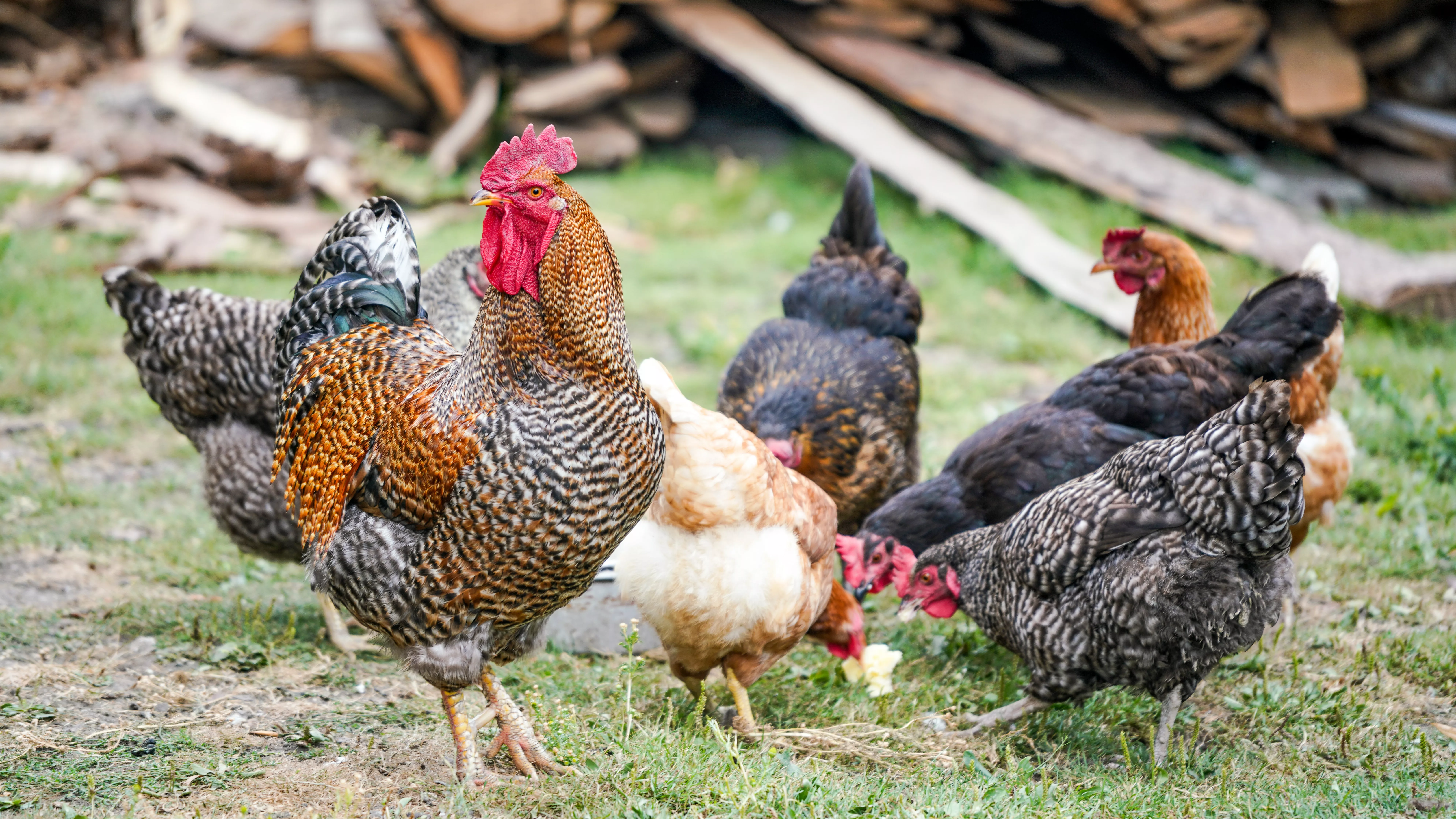
Conclusion
The practice of feeding banana peels to chickens transcends waste disposal. It is a commitment to sustainable living, a masterclass in conscious consumerism, and a practical step towards zero waste practices. The journey to sustainability comprises many small steps, and offering banana peels to your chickens could be an excellent way to embark on or continue this journey. By doing so, you’re fostering a healthier flock, producing higher-quality eggs, and reducing your environmental impact.
